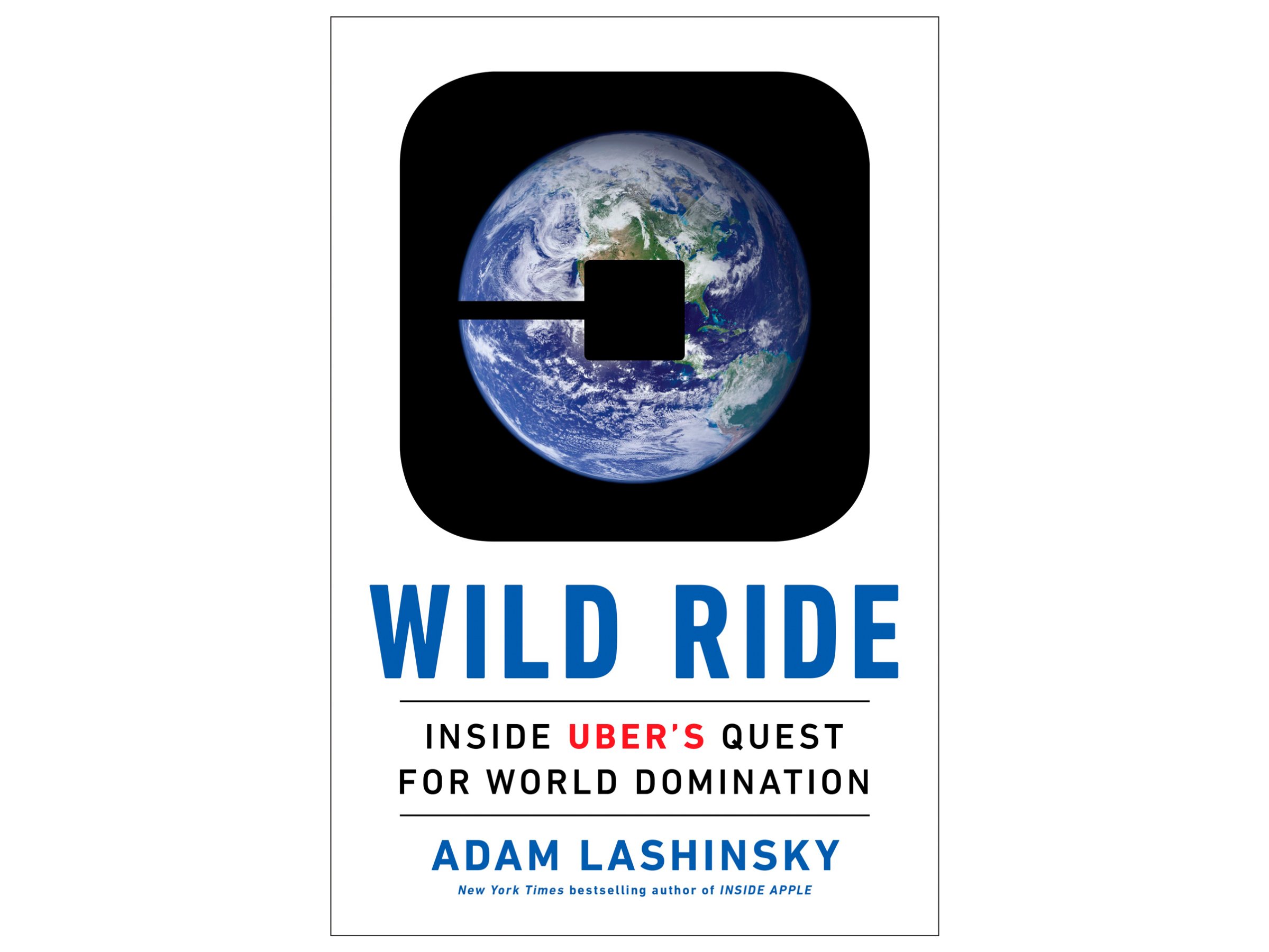
On a brisk night last July, I took a long walk through the streets of San Francisco with Travis Kalanick, from Uber’s headquarters in the gritty Mid-Market neighborhood to the Ferry Building on the waterfront and nearly to the Golden Gate Bridge. Kalanick likes these walking meetings. It’s how he got to know Anthony Levandowski, a former Google self-driving-car engineer, whose company Uber bought, only to have Google parent Alphabet sue Uber for Levandowski allegedly stealing its technology.
On that summer evening, Kalanick was in an expansive mood. We talked about how he raised billions for Uber, about the perils of being in the media’s glare and about how Uber was changing as it grew. In fact, toward the end of our three-hour-plus conversation I asked him how he liked running a big company. He’d been around since Uber was a mere handful of employees. Now it had many thousands, not all of whom Kalanick knew.
His answer spoke volumes, especially in light of the scandals that would rock the company months later, culminating in Kalanick’s June 13 announcement that he’d take a leave of absence of undetermined length. “The way I do it, it doesn’t feel big,” he said. “You constantly want to make your company feel small. You need to create mechanisms and cultural values so that you feel as small as possible.” This was a familiar refrain among the entrepreneurs of Silicon Valley. Startups move fast; big companies plod. Steve Jobs, the ultimate authority on the art of staying nimble, used to brag that Apple was the world’s largest startup.
Laudable intentions aside, Kalanick’s unwillingness to grasp the magnitude of what Uber had become — a global behemoth that touches the lives of millions of drivers, riders and employees — may have proved his undoing. Depending on how his company can quickly adapt to the demands of being big, akin to asking a man-child to become an adult, Uber’s future hangs in the balance.
Kalanick’s departure from Uber’s executive suite coincided with the release of a damning report by former U.S. Attorney General Eric Holder based on a months-long investigation into the company’s corporate culture. Hiring Holder was Uber’s response to the public criticism by a former female engineer of systemic sexual harassment as well as the refusal by the company’s human-resources department to take her complaints seriously. Holder’s conclusions and recommendations were consistent with a eight-year-old startup that had failed to grow up. He revealed an undisciplined company with poor governance, weak accountability, a founder-dominated board and values, the very tenets Kalanick treasured, that encouraged bad behavior.
Tellingly, Holder recommended that Uber seek top-management “candidates with experience dealing with organizations that have complicated labor and operational structures.” That would not describe leaders at the typical Silicon Valley startup Kalanick so badly wanted Uber to remain. In fact, startups were all Kalanick had ever known.
Uber and its erstwhile CEO are by no means finished. In a letter to employees, Kalanick implied he’s not letting go completely, noting that he’ll “be available as needed for the most strategic decisions.” Presumably he’ll continue to have a hand in hiring the critically important chief operating officer he committed to finding earlier this year. The company has suffered departures at all levels, and filling those positions is an urgent task. Meanwhile, the company keeps operating around the world, though not in China, which it abandoned days after Kalanick and I walked and talked along the San Francisco Bay.
Fresh blood and a smoothly functioning business will help. But Uber’s existing woes won’t vanish. Late-to-the-party investors who valued Uber at nearly $70 billion might reasonably want their money back, a potential financial headache of epic proportions. Uber’s legal battle with Alphabet’s self-driving-car unit, called Waymo, could be perilous if it heads to trial in October as planned. Uber does not want allegations of fraud aired in public. Similarly, the Justice Department is investigating a practice called “grayballing” that Uber used to deceive authorities. Criminal charges against the company or its senior managers would be devastating.
Uber isn’t finished. But solving its problems is a tall order — befitting the giant and troubled company it has become.
More Must-Reads From TIME
- The 100 Most Influential People of 2024
- The Revolution of Yulia Navalnaya
- 6 Compliments That Land Every Time
- What's the Deal With the Bitcoin Halving?
- If You're Dating Right Now , You're Brave: Column
- The AI That Could Heal a Divided Internet
- Fallout Is a Brilliant Model for the Future of Video Game Adaptations
- Want Weekly Recs on What to Watch, Read, and More? Sign Up for Worth Your Time
Contact us at letters@time.com